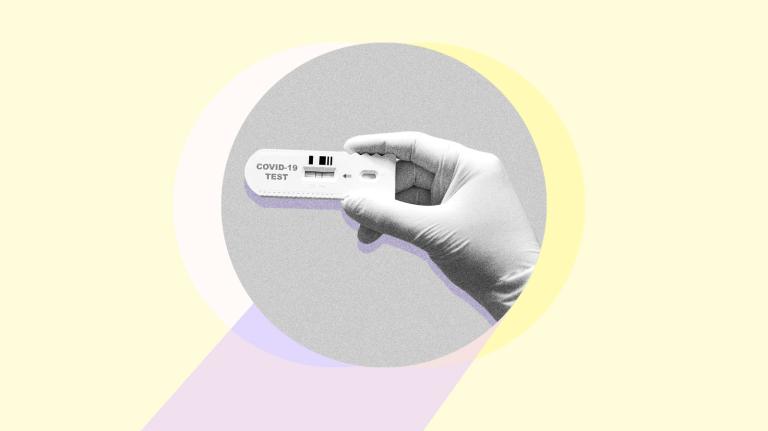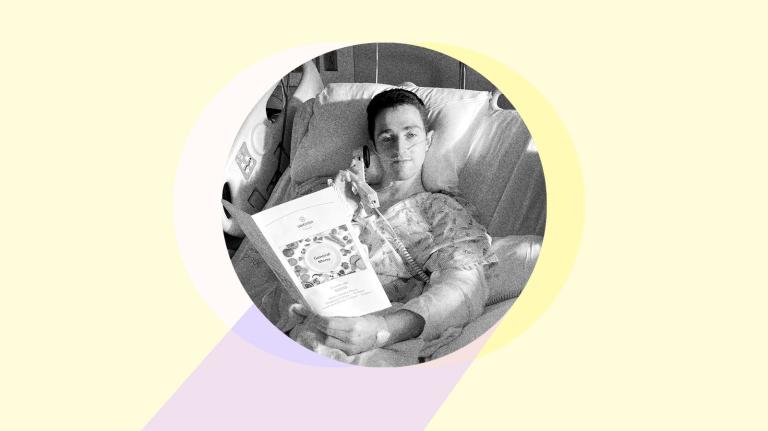This essay was first published in our semi-weekly newsletter, Climate in the Time of Coronavirus, which you can subscribe to here.
Tiny socks. Disposable razors. A Tinker Bell bag. A waterlogged Bible.
It was the fall of 2018, and I was schlepping through layers of muck and life inside a home that Hurricane Maria had devastated roughly a year prior. After two months of volunteering with ongoing recovery efforts outside San Juan, Puerto Rico, repairing and rehabbing roofs that leaked every day and mold-ridden homes, I began to fear that these houses would all blur together. I decided to start jotting notes about each home’s story at the end of the day. Some stories I learned from laughing or tearful homeowners over lunchtime plates of arroz con habichuelas; others I gleaned from everyday items peeking out of the mud in the remnants of a living room.
I find myself once again attuned to seemingly banal details and customs, like shaking hands, the meaning of which has been luridly transformed by the circumstances. My own COVID-19 story is textured with countless details that once seemed ordinary, but are now weighted with new meaning: My mother isn’t simply a nurse in Santa Clara, California; she’s on the front lines of a crisis. My father, a Home Depot employee in his 60s with COPD, is now an “essential worker.” A month ago, I was a student completing my master’s degree at Stanford. Now I’m attending an online university. Common facets of millions of lives are exactly like this — suddenly spotlighted and made alien by an external power beyond our control.
Every day, we ask when this will end — when we’ll unpause the clocks and go back to normal. The virus, like a hurricane, began with a pinpointable when, a chapter one, and so we believe an ending may be possible too, even as experts warn that there will be no return to normalcy anytime soon.
When I reflect on the longing with which we seek clean endings, I wonder what that means for the tales we tell about climate. Its story doesn’t have a well-defined beginning, and it certainly won’t have an ending. Our shared climate narrative did not end with the Paris Agreement, did not peak with multiple category 5 hurricanes (like Maria), will not stop with November’s election, does not conclude in 2100. It’s not a story any of us will witness the end of.
Will the climate crisis leave us a legacy as victims or victors, or somewhere in between? In a hundred years — in a world transformed by climate change, for better or worse — the stories we leave behind will shape the answer to that question.



